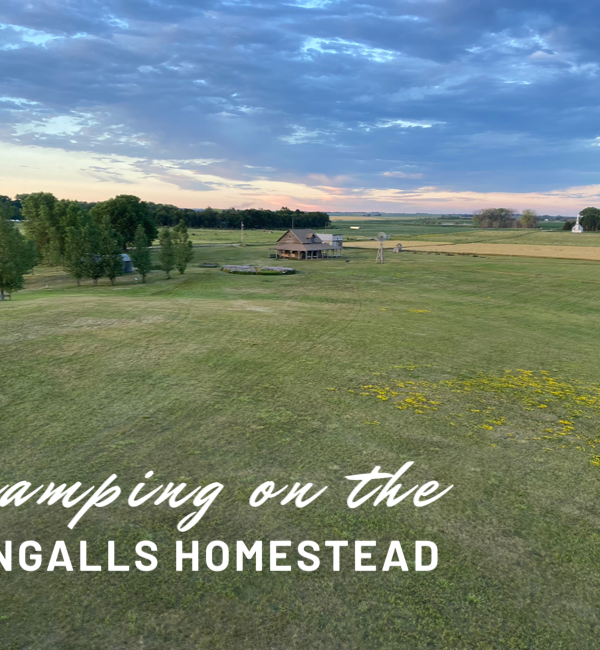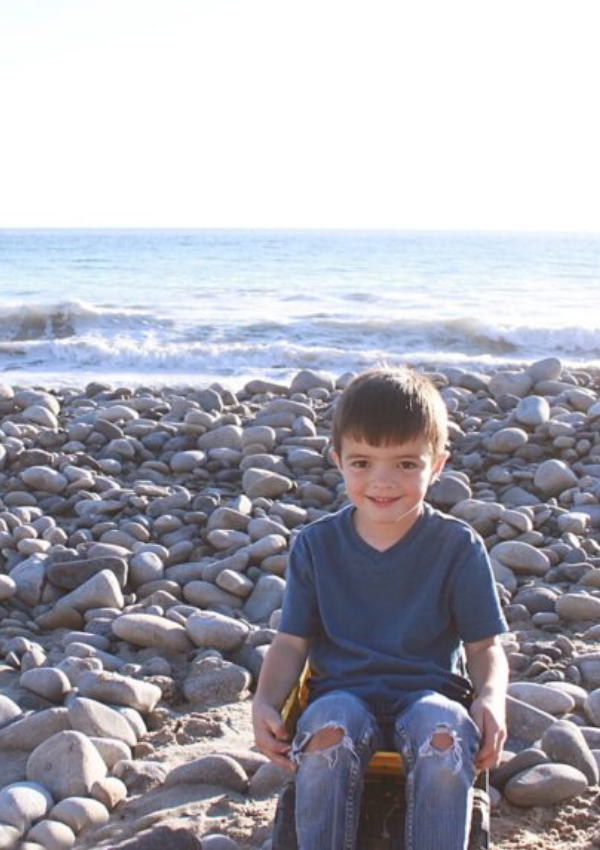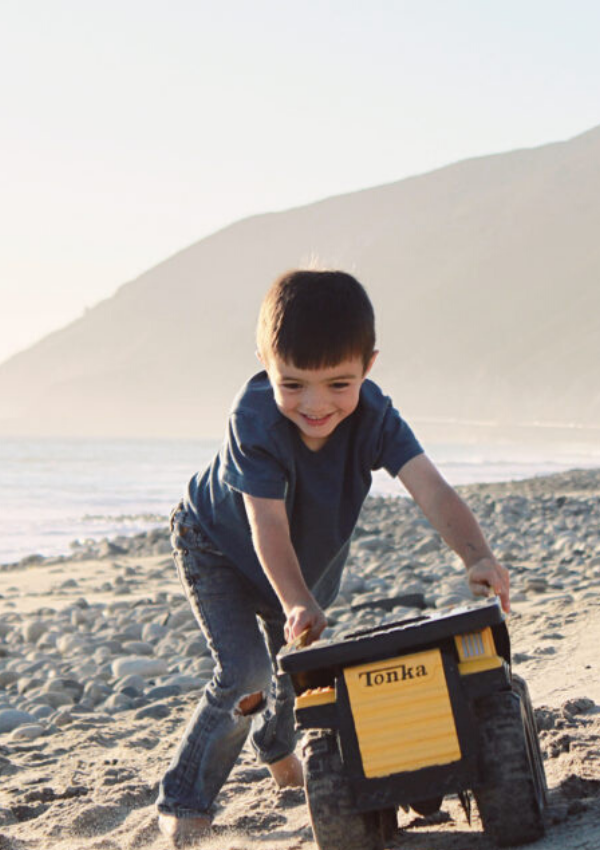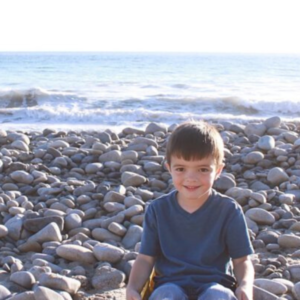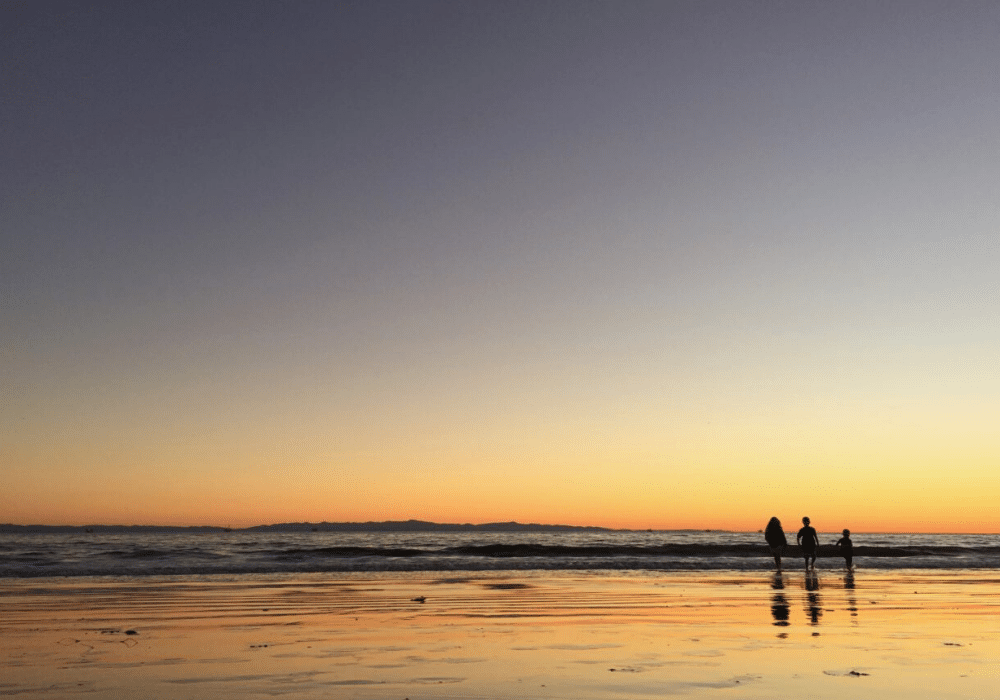
When life was forever altered after the sudden death of my 6-year-old son, daily living was in many ways at a crossroads. It’s not so easy to just keep doing what you’ve always done after burying a child. Massive, unalterable changes rocked our happy little world and the future seemed foggy and impossible.
Homeschooling was a biggie. Talk about daunting. I could barely get out of bed, and here I am responsible for the education of these little humans. I couldn’t do it.
I looked at shelves of books and felt the overwhelming pressure of “But, what if they never read? Or know how to spell? Or forget all their math facts?”
My unused history books would mock me and whisper lies about how ignorant my children were going to be all because I couldn’t muster the energy and excitement to teach them. The science experiments, the writing lessons… the list seemed endless and discouraging. And I’d hear about others doing some great art class or music lesson and guilt would make my load even heavier.
The pressure is real.
But I came through the other side. And I can say with confidence that my kids learned more than I could have imagined that first year of homeschooling after losing Mason. And I did too. And most of it didn’t come from a textbook or fit into a core subject.
There were more important things to be learned in that season of my life. And there are definitely more important things to be learned in this season as well.
Faith. Character. Discipline. Perspective.
It’s just that now they are learning from the textbook of life. And it may very well be the most influential teacher they ever have.
And they will learn it best by watching us. What are they seeing by observing us all day every day?
Are they seeing calm faith lived out when unpredictability in the world says we may not have a job in a few weeks? Have they witnessed generosity when we share our sacred toilet paper stash with a neighbor? Do they learn to see a perspective beyond themselves by hearing us pray for the hurting people in countries like China and Italy or the overworked doctors and nurses in our own country? Are they learning to think about others because they are seeing us think about others?
Are they learning that the best way to deal with stress is spending time in prayer, not obsessing over the news?
Maybe it’s not stress they are watching us navigate. Maybe it’s boredom. How do our kids see us handle idleness? Do we scroll mindlessly on social media? Do we complain about how inconvenienced we are? Or are we intentional with our time? Have they seen discipline in us?
For my kids anyway, they haven’t truly experienced a dramatic upset to their life in this quarantine. Inconveniences, yeah. But not dramatic changes. I mean, come on. We still have electricity, food and a television. How bad can that be for a time?
The reality that our self-quarantine may last through the next month, or longer, hasn’t sunken in yet. When we are still streaming church from our couch on Easter Sunday and unable to color eggs because people are still hoarding grocery items, disappointment might start to cloud their days. When it’s been weeks and they still haven’t seen friends, or if the grocery stores are unable to stock their favorite foods, life might to start to feel a little more uncomfortable. And what if, God forbid, we run out of toilet paper?
Our culture greatly honors comfort. Instinctively, we as parents will do anything we can to prevent our kids from experiencing pain. But it seems that this instinct has slowly morphed into an urge to prevent our kids from encountering any kind of discomfort. And in my opinion, that’s pretty dangerous.
Our desire for comfort isn’t the same as a need for comfort. We certainly aren’t entitled to it, even if the world does everything in its power to convince us otherwise. And while I want my home to be comfortable and inviting and desire that my children grow up with love and security, I don’t want comfort to get in the way of bigger and better things. Our kids have the capacity for great maturity when they wade into the waters of discomfort with us.
We aren’t doing them any favors when we place comfort for them over the reality we are facing. Comfort over responsibility. Comfort over obedience. Comfort over spiritual growth.
Discomfort can be a powerful tool that teaches us the real things of life.
Maybe we don’t need Disney Plus or Netflix to fill our time. Perhaps it’s ok to say no when our kids want to spend more time on technology. Chores and responsibilities are good things.
But maybe it’s less about what we tell them and more about what we model.
Let’s model that we aren’t entitled to comfort or predictability. Let’s model grace and kindness. Generosity and thoughtfulness. Selflessness and intentionality. Submission and respect. Let’s be people who pray and view this world and all its unknowns with eternity’s perspective.
So, as someone who has homeschooled through uncertainty, I encourage you, embrace the unknown and unpredictable. Allow it to change you and help you grow and watch the ways your kids will mature as they follow your lead.
Their education in a classroom will not be lacking. We live in great country with abundant resources and rich experiences at our fingertips. They will be educated. Math facts and grammar rules and reading fluency will come.
But right now they can learn far better things. Their character can grow, their faith can become their own, and their perspective can broaden beyond their little world.
And maybe as parents, ours will too.
